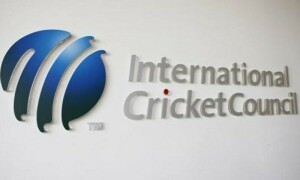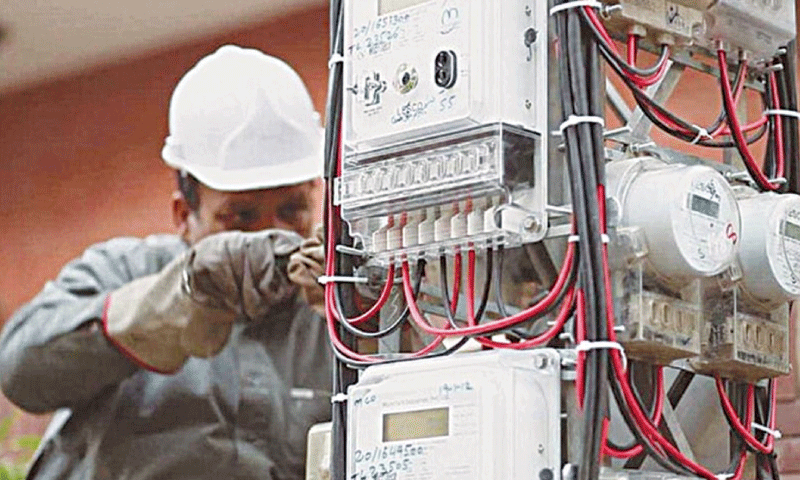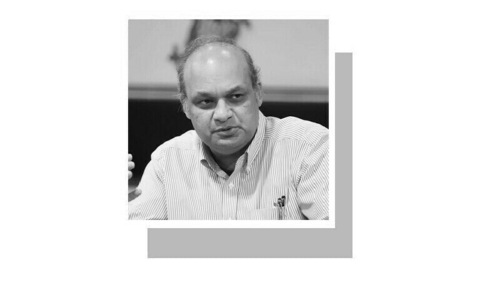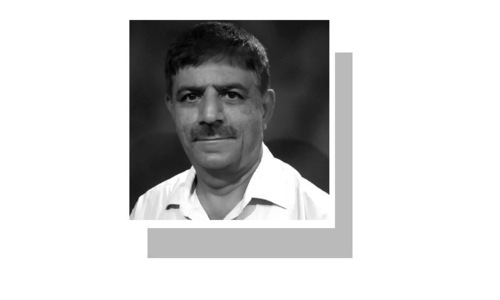
Pakistan vowed in 2000 to reduce poverty incidence to 13 per cent by 2015. Like others, after detailed exercise it translated MDGs into measurable targets duly benchmarked for close monitoring. With the deadline closing in, people believe that economic stress, income disparity and unemployment rates have been on the rise, while investment and quality of governance has been on the way down. With elections round the corner and political parties working on their platforms, it is high time to re-spell …
In this special report, the Business team of Dawn has attempted to assess progress on MDGs, identify causes of the misses, and solicit views of the relevant stakeholders
KARACHI: More than anything else, it was the lack of will on the part of subsequent governments to put their best forward when it came to marching towards meeting the MDG targets. Not all is lost yet though. We may not meet the target on several counts, but, if somehow — repeat, somehow — all political parties adopt the MDGs as part of their respective programmes, spread awareness, engage the civil society, involve the private sector and agree on a minimum emergency social agenda, Pakistan can still return to the UN with head held high in 2015.
The movement in the desired direction at a faster pace can grab the global attention and earn for Pakistan what it desperately needs: trust and goodwill of peoples and governments around the world. This could position Pakistan to ride over the road-bumps ahead and lead the country to a better, brighter future. Many would say, and not without justification, that if wishes were horses, beggars would ride.
Currently, the situation is rather hazy. All kinds of numbers are flying from varied directions. In the absence of an official word on the current poverty rate, it is hard to say how far Pakistan is from the key goal: reducing poverty to 13 per cent by 2015. Depending on the source, the current poverty rate is projected anywhere between 17 and 35 per cent of the GDP. That is quite a range!
The most credible option to gauge progress on MDGs, therefore, was the current UNDP country report that made projections and commented on Pakistan’s performance against the pledges. The said report is mild in tone and generous in assessments of efforts of the current PPP-led democratic dispensation.
The attitude of the UN agency was not the same towards General Musharraf’s government and its performance. Back in 2005, it judged the government performance more critically and gave polite warnings.
This probably reflected the comparative preference of the UN and the world development community for an underperforming democratic government over a military rule even if it appears to be technically more efficient in some areas.
Some high-placed sources in Islamabad told Dawn that at least three reports commissioned by the government at different times under the past and the present governments to assess poverty were killed for the fear of political backlash as the data indicated higher poverty rates than government expectations.
The informal survey by the Dawn team highlighted some interesting facts. Besides less than the required budgetary allocations and even worse execution, the exclusion of the civil society and the corporate sector slowed the pace of progress towards the MDG targets.
The passage of the Eighteenth Amendment and the NFC award led to the devolution of power that transferred the responsibility of managing and developing the social sector to the provinces. It made federal establishment in health and education sectors redundant. The change was rather sudden and the provinces were not quite prepared logistically to start immediately to carry forward the on-going projects.
The time lag in the re-adjustment period over the past two years must not have played well for the development in these two key sectors, at least in the short run. It could have delayed the work in health and educated-related goals. Hopefully, as workable structures are put in place to cope with the new responsibilities at the provincial level, the situation will improve quickly.
Some independent analysts believe that the current government might not have succeeded in uplifting the poor, but it did succeed in giving them a sense of well-being.
In support of their position, they cited the tilt of the current government policies towards the long neglected rural segment that led the commodity sector to grow at a much faster pace. Without substantiating their claim, they have projected net transfer of capital from urban to rural sector in the last three years.
They also highlighted the role of extended Benazir Income Support Programme in providing targeted relief to people in need. The preference of women family members for the cash transfer under the Programme has been appreciated and regarded as a first serious public effort to focus on the poor women enduring double exploitation in the social mainstream.
“It is hard for people in cities to understand what a money transfer to the bank account of a women family member does to her social status in communities left out.
More than money it has given women identity and improved their self-esteem. It will have far reaching effects and go a long way in challenging the status quo,” a social scientist working for a donor agency in the interior Sindh told Dawn when reached for comments.
Most urban-based civil society groups, professionals, businessmen and traders believed that the situation, after improving for a brief period in the middle of the last decade, has deteriorated. They blamed the government which, they thought, was corrupt and inefficient and had failed to deliver.
“The five years of the PPP rule should have cleared the illusions of the intellectuals who preached democracy in Pakistan. What has democracy given to this country? Loot, plunder, death and destruction,” a bitter businessman from Karachi, who was close to General Pervez Musharraf, roared.
Some other moderate representatives of civil society were also very unhappy with the current government. “The growth rate has plummeted, inflation is high and unemployment is rampant. There is near-anarchy in the country. Besides mass-scale killings in terrorist attacks, at least 20 people lose their life every day in Karachi alone.”
“There are gas and electricity shortages. Foreign businesses are wrapping up to leave, and investors are not ready to come forward. The corruption is at its zenith. The public debt is increasing and the currency value has taken a dip. If this is what democracy means to Pakistan, we need to look for other options,” a left-leaning activist commented.
There was yet another group that presented interesting observations. It wanted data-gathering system to improve for more effective government interventions. This was, however, the most optimistic group. It believed that the situation is actually better than the impression.
“Pakistani society, despite violent attempts by conservatives to push it back, is marching ahead, slowly and quietly. Instead of leading, the government is actually trailing behind the self-driven society.”
“The reaction to the attack on Malala Yousufzai demonstrated that gone are the days when people detested the idea of women education. Today, Pakistan is ready to educate its children without discriminating on the basis of gender. To me, it is a big change that has come about over the last decade,” a woman social scientist said.
This group saw communication explosion and greater connectivity as an opportunity for the people to become the key drivers of change that they believe is modernising society in a meaningful way.
There is no denying the fact that for Pakistan, the last about dozen years have been particularly difficult. The grave security situation, the 2005 earthquake and the 2010 flash floods as well as the overactive 2011 monsoons brought death and destruction on massive scales each time. The responsibility to build a fair, equitable society rests with everyone who can make a difference. Expecting too much of the government and blaming it for everything that goes wrong might not help anybody’s cause … not the collective cause in any case.









































